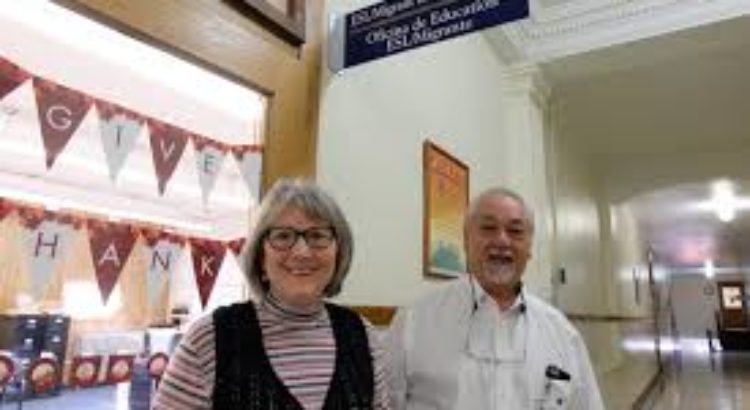Africa/ Democratic Republic of Congo/ 13.11.2018/By: Katie Moore/ Source: www.cjonline.com.
The migrant education program in the Dodge City school district provides a “holistic” approach to learning and integration for nearly 300 students, program director Robert Vinton said.
Students qualify for the federal program through their parent’s employment, predominately large agricultural companies. The program was established in 1965 and came to Unified School District 443 in the 1970s, according to Vinton.
In the 2017-18 school year, 288 students are participants in the migrant program. Nearly half of the district’s 7,000 students are English language learners with 17 languages represented throughout the district’s student body. Most of the staff is bilingual.
“For a small community, we’re very, very diverse,” Vinton said.
Students have come from Mexico, Guatemala, Honduras, Somalia, Democratic Republic of Congo, China, the Philippines, Russia and Haiti, among other countries.
To qualify for the migrant program, students must have moved across school district or state lines in the past three years. The legal status of participants isn’t known. School officials are barred from asking for documents because it could create a chilling effect, Vinton explained.
Student performance varies widely. Some are at the honors level. Others, in their teens, may have attended a minimal amount of school in a developing country and need to learn how to hold a pencil, he said. Greta Clark, English language agent, said they make efforts to discern between a student’s language level and their capacity.
For high school students, there is an emphasis on career readiness, parent engagement and understanding the college system.
The program also has two full-time community liaisons who make home visits, checking on the well-being of families and sharing information about local resources, Clark said.
Socially, there are many variables and by and large, most do well, becoming part of the “mainstream fabric,” Vinton said.
But for a few, “It’s virtually impossible to cross those lines,” Vinton said. “They struggle.”
In addition to an emphasis on reading and math, the migrant program can assist students with basic needs like health services. Vinton said diabetes awareness has been a focus because it is a growing problem. When options outside the program are limited for things like tennis shoes or glasses, the program can step in.
However Vinton said funding has shrunk in recent years as the definition of migrant was narrowed. The program in the past had up to 2,000 participants in Dodge City.
Vinton also said migrants have felt a sense of fear and insecurity since President Trump was elected.
“He has created more of a tremendous fear of families being separated,” Vinton said.
Many families have created a plan for their children, bank accounts and other assets in case immigration enforcement comes in. Vinton said developing that plan is critical, but also shows a “sad reality.”
Nationally, Vinton said, he has observed a troubling inability to understand diversity. He said he hopes the country can reach a more “sophisticated” point where people understand there is a place for everyone.
Vinton believes that passing immigration reform will help things settle down.
“Right, wrong or indifferent, we need immigration reform,” he said.
Clark said she hopes the immigrant population in Dodge City continues to expand, bringing with them rich traditions and culture to the community.
Source of the notice: https://www.cjonline.com/news/20181111/migrant-education-program-in-dodge-city-public-schools-helps-nearly-300-students








 Users Today : 5
Users Today : 5 Total Users : 35460497
Total Users : 35460497 Views Today : 21
Views Today : 21 Total views : 3419379
Total views : 3419379